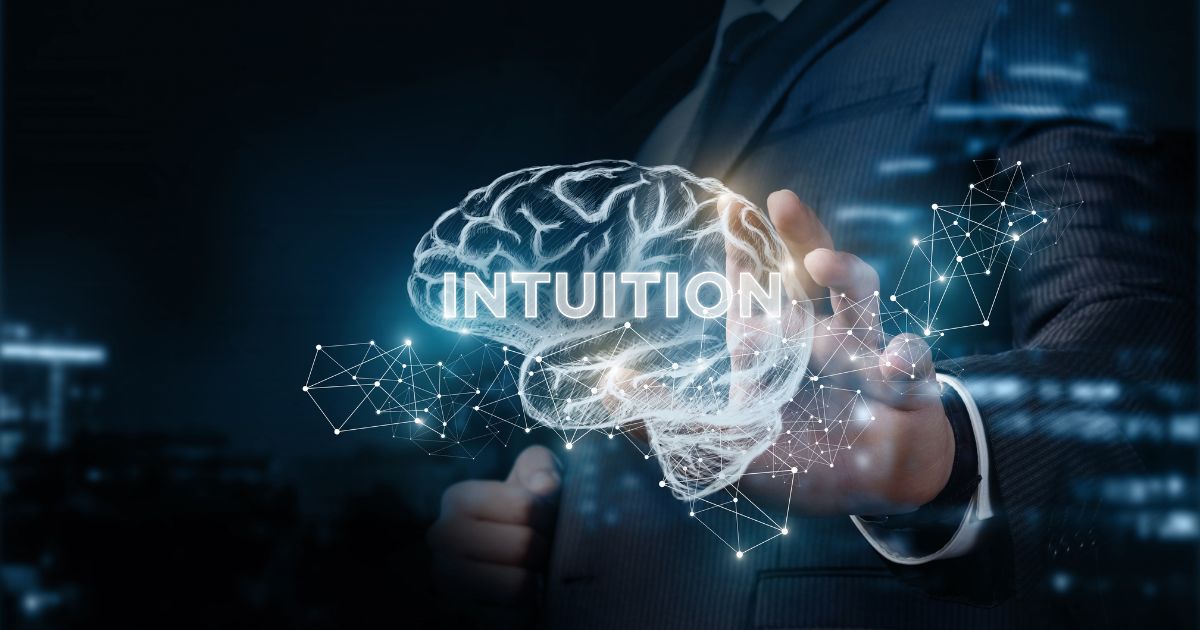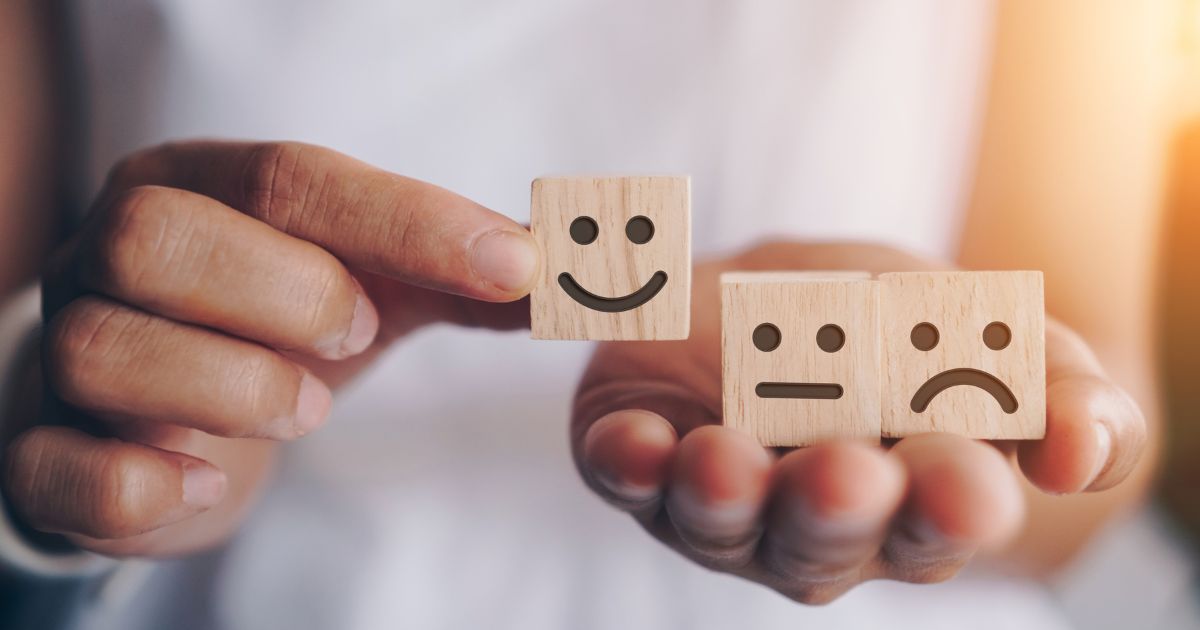Khám phá kho học liệu phong phú bao gồm: các bài viết, video sâu sắc
và công cụ thực hành về chủ đề mindfulness và phát triển lãnh đạo.
và công cụ thực hành về chủ đề mindfulness và phát triển lãnh đạo.
Kho Học Liệu
-
 BÀI VIẾT | 15/05/2025
BÀI VIẾT | 15/05/2025Kỹ năng tập trung là gì? Cách nâng cao khả năng tập trung
Kỹ năng tập trung là khả năng tập trung hoàn toàn vào một việc gì đó mà không bị phân tâm bởi những thứ khác, để nâng cao hiệu suất và đạt kết quả tốt hơn. Xem chi tiết
-
 BÀI VIẾT | 15/05/2025
BÀI VIẾT | 15/05/2025Ikigai là gì? Lợi ích và cách xác định Ikigai chính xác
Ikigai hay lý do để sống, là một khái niệm của Nhật Bản,giao thoa giữa đam mê, sứ mệnh, nghề nghiệp và điều thế giới cần giúp con người sống có mục đích. Xem chi tiết
-
 BÀI VIẾT | 15/05/2025
BÀI VIẾT | 15/05/2025Trực giác là gì? Cách phát triển trực giác tốt
Trực giác là cảm nhận nhanh nhạy không qua lý luận, dựa trên kinh nghiệm. Mỗi người có thể phát triển nó bằng tự nhận thức, phản tỉnh và học hỏi từ trải nghiệm. Xem chi tiết
-
 BÀI VIẾT | 15/05/2025
BÀI VIẾT | 15/05/2025Lòng trắc ẩn là gì? Ý nghĩa và cách rèn luyện lòng trắc ẩn
Lòng trắc ẩn là khả năng cảm nhận, thấu hiểu và chia sẻ nỗi đau của người khác, kèm theo mong muốn hành động để giúp họ vượt qua khó khăn. Xem chi tiết
-
 BÀI VIẾT | 15/05/2025
BÀI VIẾT | 15/05/2025Động lực là gì? Cách gia tăng động lực của nhân viên
Động lực là sức mạnh nội tại thúc đẩy chúng ta hành động, vượt qua khó khăn, đạt được mục tiêu, và tạo ra sự thay đổi tích cực trong cuộc sống. Xem chi tiết
-
 BÀI VIẾT | 15/05/2025
BÀI VIẾT | 15/05/2025Cảm xúc là gì? Phân loại và cách quản lý cảm xúc
Cảm xúc là trạng thái tâm lý sinh ra từ phản ứng với sự việc, sự vật xung quanh, như vui, buồn, giận, sợ… ảnh hưởng đến suy nghĩ và hành vi của con người. Xem chi tiết
-
 BÀI VIẾT | 04/04/2025
BÀI VIẾT | 04/04/2025Phẩm chất là gì? Những phẩm chất cần có để thành công
Phẩm chất là những đặc điểm, tính cách tích cực của con người hoặc tổ chức, giúp tạo dựng uy tín, niềm tin và góp phần phát triển cộng đồng. Xem chi tiết
-
 BÀI VIẾT | 04/04/2025
BÀI VIẾT | 04/04/2025Sống nội tâm là gì? Dấu hiệu nhận biết người nội tâm
Sống nội tâm là lắng nghe chính mình, tự khám phá, tìm thấy sự bình yên trong lòng và hiểu rõ những giá trị sâu thẳm, dù thế giới ngoài kia ồn ào. Xem chi tiết
PACE-MLV ©Copyright 2025





